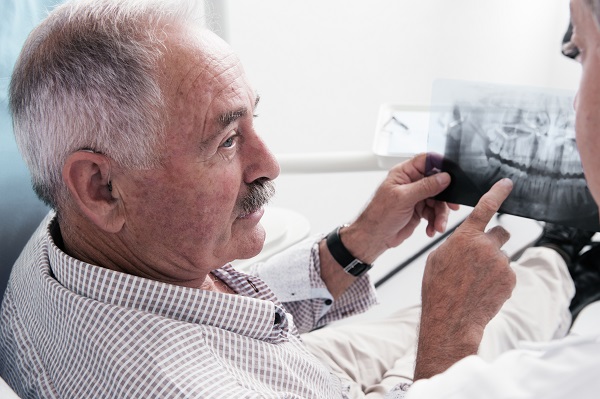How Tobacco Use Increases Your Risk of Oral Cancer

Many people who have been diagnosed with oral cancer use tobacco. Tobacco can increase the risk of developing this type of cancer. The good news is that you can greatly reduce your risk of getting oral cancer by cutting out tobacco. Keep reading to learn more about this condition.
What is a risk factor?
A risk factor is something that increases a person’s chances of getting some type of disease. Each type of cancer has a different type of risk factor. For example, one risk factor of oral cancer is tobacco use. However, there are many different types of risk factors for oral cancer.
A risk factor cannot always be changed. For example, race and age are two examples of risk factors that someone cannot control. Other types of risk factors can include lifestyle choices, such as diet or drinking. Some factors are considered to be more of a risk than others.
However, this does not tell everything about a patient. Even if a patient has one or more risk factors, a patient may not get the disease. Tobacco is one of the highest risk factors for oral cancer. It can also suppress the body’s ability to heal itself.
Risk of oral cancer
The risk of developing oral cancer relates to how much the patient smoked or used other tobacco. A smoker is more likely than a non-smoker to develop cancer in the mouth. Tobacco smoke can come from pipes, cigarettes or cigars. This can cause cancer anywhere near the mouth as well. However, the voice box, esophagus, lungs, bladder and kidneys are also at risk of developing cancer.
For pipe smoking, there is a high risk of cancer in the lips. The risk is increased because the lips touch the stem of the pipe. For smokers who have already had oral cancer, it is important to stop smoking. This is true even if the cancer is already cured. After having had cancer once, smokers are at a higher risk of getting cancer again.
Tobacco products
Some types of tobacco products include tobacco that is spit, dipped, snuffed or dissolved. All of these have been linked to cancer near the inner part of the lips, the gums and the cheek. The longer an individual uses these products, the higher the risk. Patients can get gum disease from the products, even with the right oral hygiene.
The bone sockets around the teeth may also become destroyed. The teeth lose their support system. Then, the teeth may fall out. It may be difficult for patients to get replacement teeth after this has happened.
Get medical care today
If you are a smoker, it is a good idea to quit smoking. Your health care provider can offer you resources to help you do this. You might consider joining a support group or using nicotine-replacement products. Quitting smoking now may help save your life later. It can also help you to avoid some types of oral health problems.
Request an appointment here: https://www.highlandsdentaldallas.com or call Highlands Family Dentistry at (214) 491-5362 for an appointment in our Dallas office.
Check out what others are saying about our dental services on Yelp: Oral Cancer Screening in Dallas, TX.
Related Posts
Your general dentist can help you achieve optimal dental health. Routine dental checks can even improve the way you care for your teeth. Busy schedules tend to prevent you from keeping your dental appointments. Making time for dental checks can help your teeth in many ways. If you want to know how routine dental visits…
X-rays, fluoride treatments, sealants, oral cancer screening, and dental cleaning are all examples of preventative dental care. Although these treatments are only given once or twice a year, they effectively prevent cavities, abscesses, and other oral illnesses. Oral cancer screening is a preventative service that you may be neglecting. Continue reading to learn why this…
Patients who schedule a routine dental exam may not realize that an oral cancer screening can be included during the visit. An examination for oral and oropharyngeal cancers is an essential part of health care that should be performed annually or any time a patient notices an irregularity in the mouth, gums or throat. When…
The purpose of an oral cancer screening is to try and identify cancer in its earliest stages. Early detection of oral cancer can provide a better opportunity to seek treatment that is effective. Patients who are more at risk of oral cancer should consider an annual oral cancer screening. Anyone who is nervous before an oral…
